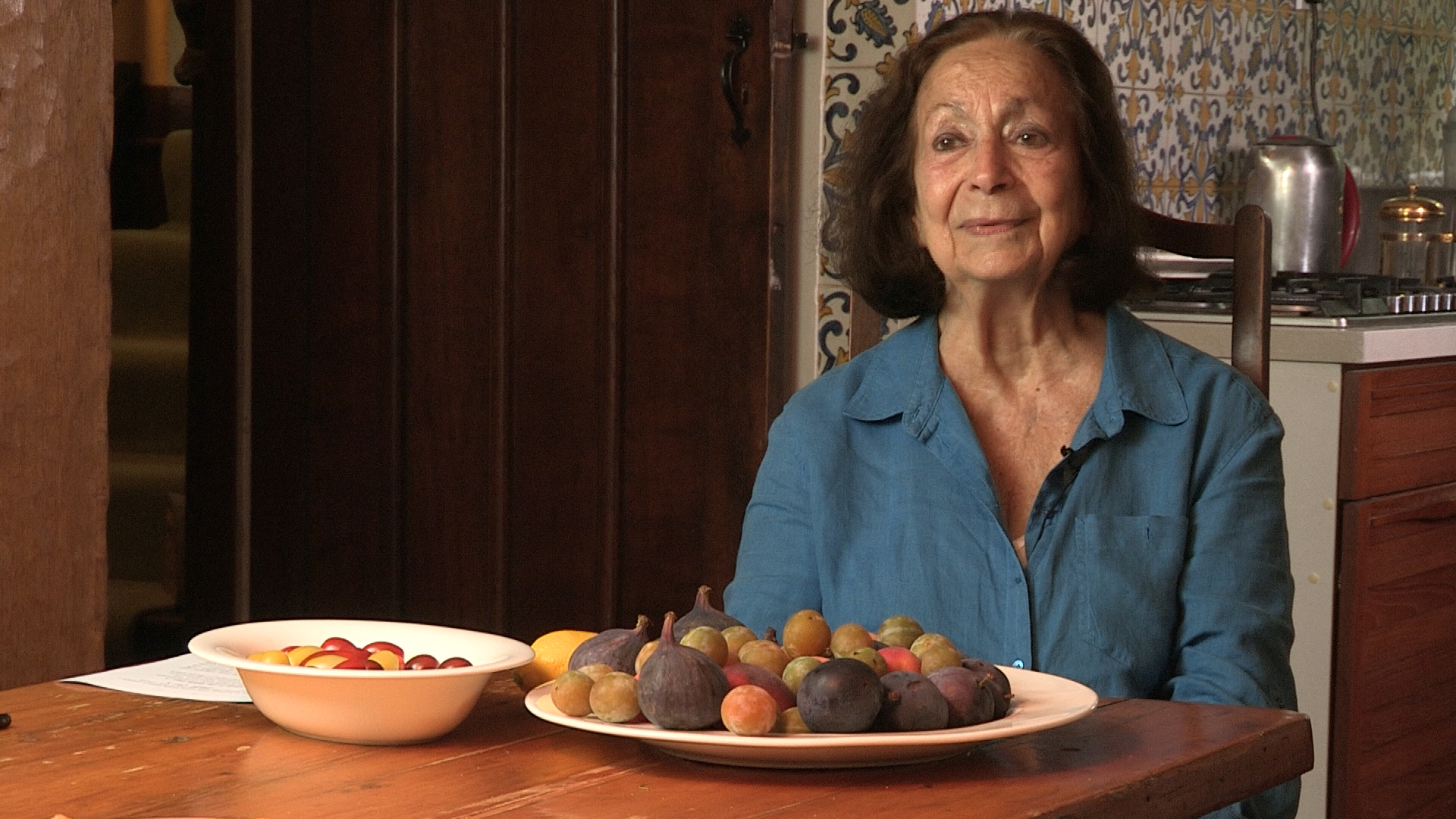NEXT STORY

Alicia Rios and other food writers
RELATED STORIES

NEXT STORY

Alicia Rios and other food writers
RELATED STORIES


|
Views | Duration | |
|---|---|---|---|
| 81. Aristocratic recipes | 04:36 | ||
| 82. What did the aristocracy eat? | 03:15 | ||
| 83. The Hay Festival Alhambra | 03:22 | ||
| 84. Manolo El Sereno | 03:00 | ||
| 85. Michael Joseph | 02:51 | ||
| 86. One cumin seed can tell you the history | 02:37 | ||
| 87. Cultural influences on food | 03:37 | ||
| 88. What you can learn at a museum of marzipan | 02:50 | ||
| 89. Learning how to make cooking better | 04:32 | ||
| 90. Alicia Rios and other food writers | 03:43 |


And this is the book that I tackled completely differently from the others. Because it was the influences on Spanish food. And the history of Spanish food. And I haven't got it in front of me. But I do have, how the aristocracy cooked. How the peasantry cooked. How the church cooked, because the church was the biggest influence on the food because they terrorised people. Because they were the inquisition. The inquisition lasted into the 20th Century, not against Jews. Against Jews it was until the 19th Century. And against Muslims. But against people who did not follow lent. Who ate meat during lent. Who did not follow all the religious things. And the church terrorised them. And they were punished. But in the 20th Century, I did see in a restaurant, in Rioja, they showed me a letter that they kept – two actually – in a frame. One was from the Tax Collector who wanted to know how much money the made, and how much they sold, in the way of food. He was looking at their thing. And he had to say they were all right with their taxes. But there was the inquisitor as well, who said that they abided, in the restaurant, abided the laws of Christianity, of lent, and of all the other things. So, I just realised, my God, it's still there, in this restaurant in Rioja. And that restaurant had been in Inn where people came by, and it was now... it was a big restaurant. And it was interesting because it was two restaurants. One had been the mother's restaurant, where she cooked all the local food. Exactly as she had learnt from her mother. And also from the people in the Inn. It was a family of the Inn. It was food for travellers.
But also her son had studied, I think with Feran, or with somebody, to do cutting edge avant-garde food. And he was doing it in his side of a different room, another big room. And I ate there as well. And he said that his mother had ignored him all the time. Didn't want to see what he was doing. But then he won an award. A prize, big prize. And people from America came because of that because they'd heard. And so, she suddenly realised his importance. But for me, what was interesting, the way also that she learnt from him. How to make things a bit better. How to deep fry a bit better. So, the old ways that they overoiled things, they had learnt. And she had learnt, and I learnt as well. I wasn't going to do the dishes the way they cooked a dish, a vegetable for 45 minutes. I wouldn't put all that oil, no. We don't need all that oil. So, I was learning from the chefs how to make things better, but keep the character, keep the thing, not change it.
Claudia Roden (b. 1936) is an Egyptian-born British cookbook writer and cultural anthropologist of Sephardi/Mizrahi descent. She is best known as the author of Middle Eastern cookbooks including A Book of Middle Eastern Food, The New Book of Middle Eastern Food and The Book of Jewish Food.
Title: Learning how to make cooking better
Listeners: Nelly Wolman
Claudia Roden talking to her granddaughter Nelly Wolman about her life in food.
Tags: aristocracy, peasantry, cooking, inquisition, lent, church, chefs, avant-garde, learning
Duration: 4 minutes, 32 seconds
Date story recorded: September 2022
Date story went live: 04 December 2023